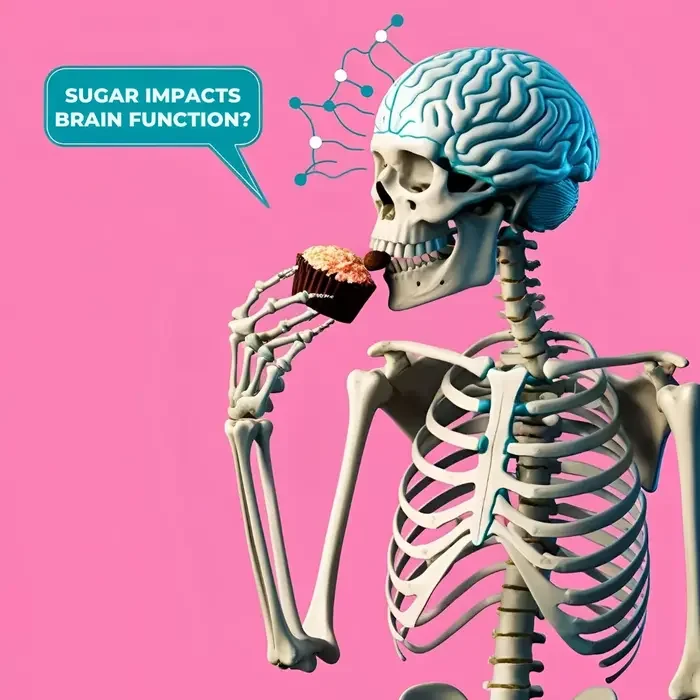A groundbreaking study published in Scientific Reports has revealed a strong association between high sugar consumption and an increased risk of depression, raising major public health concerns. Researchers followed more than 8,000 adults over a five-year period and discovered that men who consumed over 67 grams of sugar per day were 23% more likely to develop depression compared to those whose daily intake remained below 40 grams. The findings shed light on how dietary habits, especially sugar intake, can significantly influence mental well-being.
According to scientists, the effects of sugar go far beyond physical health — they extend to brain chemistry and emotional stability. Consuming large amounts of sugar triggers an instant dopamine surge, the brain’s “feel-good” neurotransmitter, which is quickly followed by a sharp decline. This repetitive cycle of highs and crashes can disrupt mood regulation, promote inflammation in the brain, and interfere with key neurotransmitters like serotonin that play a crucial role in emotional balance. Over time, these disruptions may lead to increased anxiety, irritability, and depressive symptoms.
Medical experts now warn that refined sugars — particularly those hidden in processed snacks, sweetened beverages, and packaged desserts — could silently contribute to emotional fatigue and mood instability. Unlike natural sugars found in whole fruits, refined sugars offer no nutritional benefit and can cause long-term harm to mental and physical health.
Researchers suggest that reducing added sugars and choosing healthier alternatives, such as fresh fruit, raw honey, or dark chocolate in moderation, can help stabilize blood sugar levels, sustain energy throughout the day, and support better mental health outcomes. As more evidence links diet and mood, experts emphasize that making small, consistent changes to eating habits could have a lasting positive effect on both emotional resilience and overall well-being.





































